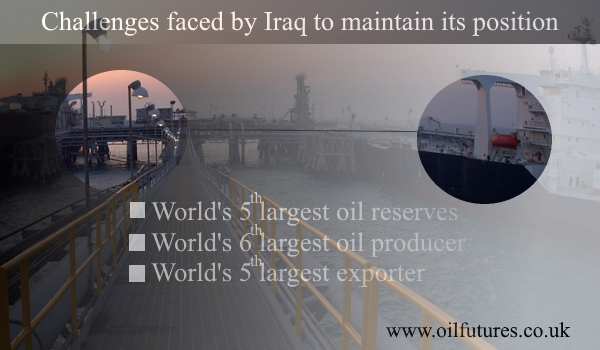The recent meeting between Mustafa al Kadhimi, the
Iraqi prime minister and President Jo Biden at the White House came at a
critical time for Iraq, in particular and the region, in general.
In more than one way, the beleaguered Iraqi prime
minister is stuck between a rock and a hard place at present: on one military
front, the ISIS resurgence is real and alarming; on a diametrically opposite
front, Iran backed militia groups are flexing their muscles; the grievances of
ordinary Iraqis, meanwhile, grow exponentially even with daily survival at
stake.
Against this backdrop, the Iraqi government, time
and again, demanded the departure of all foreign troops – most likely the
Americans. That’s what exactly the US is going to do by the end of the year.
Iraqis – and their prime minister – however, know
very well that in the absence of foreign troops, Iraq will not descend into a
military vacuum; on the contrary, it will be a haven for foreign elements
without the legitimate zeal.
The US recently sent a clear, primary message to
those who seek American support without a trace of gratitude; the withdrawal of
troops from Afghanistan is a case in point.
In addition, the US sent a vague, secondary message
to the countries that only focus on investing in the troubled regions when the
former loses men and women with rising military cost – more often than not in ‘thankless’
tasks.
The ground realities that only becomes apparent after
the departure of troops make countries like Iraq think twice about their impulsive
ambitions. In short, it’s easier said than done.
We do not know whether the Iraqi prime minister
appealed to Mr Biden to slow down the process of withdrawal; it’s equally hard
for the Iraqi prime minister and politically suicidal too, because such a move
will invoke the wrath of Iraq’s immediate neighbour, Iran.
Iraq’s economic woes are really unfortunate despite
being the world’s 6th largest exporter. If the ISIS takes a foothold
back in Iraq, there will be a serious battle to get hold of the oil wells as
they did in the past to make money.
If the oil wells fall into the wrong hands or come under
attack on regular basis, Iraq will be forced back into square one; in the event
of such a scenario, the plummeting revenue will cause more pain for the
ordinary Iraqis and the conflicts can take secretariat dimensions, citing
discrimination against the minorities, especially the Sunnis.
In this context, the Iraqi prime minister has one of
most enviable prime ministerial jobs in the world, perhaps second only to that
of his Lebanon counterpart – moving forward while warring factions happy.
The looming crisis in Iraq, often overlooked by many
analysts, has the potential to create problems for world’s crude oil supply
that has come under strain recently.
In addition, it can create problems for Iraq’s main
customers such as India and China when they are just taking steps to revive
their battered economies by the pandemic; Iraq exports half of its crude oil to
both countries with each receiving 1 million bpd.
How both Afghanistan and Iraq deal with the security
in the absence of foreign troops, relying solely on indigenous security forces,
remains to be seen. In the case of Iraq, any worrying development can create
chaos in the supply side of the most crucial commodity market in the world.







